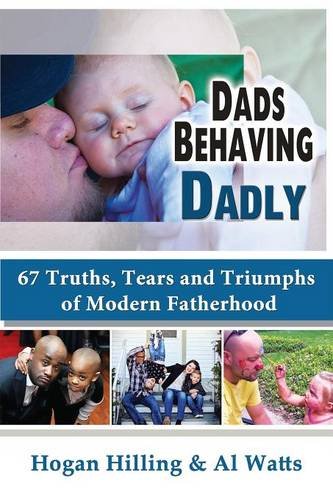Empathy has to be among the most important lessons we parents teach our children.
After all, if children cannot understand and share the feelings of others, they will grow into adults who do little for others and care only about themselves. I think we’d all agree we have enough of those adults in this world.
But empathy can be a hard lesson to teach, so I often look for the right opportunity and is something important to have in our all relationships, but if you still have problem understanding this in relationships you can find relationship advise online to help you as well. I found one on a recent Friday evening when I picked up my 11-year-old daughter Celeste and 7-year-old son Gavin from their after-school program.
Gavin came running up to me with a level of excitement I usually only see on Christmas morning: “Can I go over to Ryan’s house tonight for pizza? Please, please, please, please, please?”
“Excuse me?” I said.
“Ryan’s grandmother is buying pizza, and she said I could come over! Can I? Please, please, please, please, please?”
Now, I don’t expect much from my kids when I pick them up from their after-school program. I never look for them to come running into my arms as though they hadn’t seen me in a year. And I don’t expect them to be waiting for me at the curb with their coats on so I barely have to slow down to pick them up.
But I do expect them to say hello when they see me and quickly pack up whatever game they are playing so I don’t have to wait 20 minutes more to go home after a long commute on a beast of a highway. As far as I was concerned, Gavin broke the first rule without hesitation.
“What?” I said. “No, you can’t go to someone else’s house tonight. Mommy is making dinner for us, and I feel like I haven’t seen you much this week.”
Gavin walked away hunched over and broke out in tears like a 2-year-old who lost his binky. We walked out the car and I drove home as he continued to cry. I sent him to his room the moment we arrived home. Ten minutes later, I went upstairs and found him sulking in the corner.
“Do you know why I sent you to your room?” I asked.
“Because I cried,” he said.
“That’s part of it. What else?”
“Because I didn’t say hi to you when you picked us up,” he said.
“That’s also part of it. What else?”
He shrugged.
“You don’t know?” I asked.
He shook his head and shrugged again.
I explained to him that he cannot go over to anyone’s house unless I speak with their parents first, and that we have to make these kinds of arrangements in advance.
“But you know the worst part of it?” I asked. “You didn’t even say hi to me when you saw me. The only thing you wanted was for me to let you go to your friend’s house. How do you think that made me feel?”
“Sad?” he answered.
“Yes, as though I’m just a cab driver who you don’t care about at all.”
His facial expression changed immediately from confusion to sorrow, and I knew he understood what I was telling him. He darted into my arms with a bear hug worthy of an Olympic gold medalist.
“I’m sorry, Daddy,” he said. “I love you.”
“I love you, too, guy,” I said. “Now, let’s go downstairs for dinner.”
I’m sure these lessons aren’t over. But at least Gavin says hello to me when I pick him up on my way home from work.













